GLOSSARY
A
Absorption
Absorption is characterized by being fully concentrated and happily engrossed in one’s work, whereby time passes quickly and one has difficulties with detaching oneself from work. Absorption is part of the experience of engagement, along with vigor and dedication.


Acedia
An experience of restlessness. Renders an individual slothful and immobile in the face of all work to be done.


Active-Constructive Responding
Conveying enthusiastic, supportive responses to the positive events shared by someone you have a close relationship with.


Admiration
An other-praising emotion where a sense of approval or wonder is elicited towards individuals of skill or talent exceeding standard. Admiration is also characterized by adoration, appreciation, awe, and respect.


Adrenaline
A neurotransmitter or neurohormone synthesized from noradrenaline, primarily involved in the fight or flight and stress response (e.g. fear). Also known as epinephrine.


Aesthetic Emotions
Emotions experienced and expressed in response to the arts. Such emotions are part of the experience of psychological aesthetics, which concerns people’s feelings of pleasure in response to art. The range of aesthetic feelings extends beyond liking, preference, and (...)


Affect
An overall state encompassing emotion, mood, feeling and other evaluative & valenced (e.g. positive, negative) elements like memories & preferences.


Affect Infusion Model (AIM)
An integrative theory explaining how affective states influence social judgments. The Affect Infusion Model (AIM) proposes a multiprocess approach to social judgments and identifies 4 alternative judgmental strategies: (a) direct access, (b) motivated, (c) heuristic and (d) substantive(...)


Affective Events Theory (AET)
A theory relating to affective experiences at work, emphasizing the role of work events as proximal causes of affective reactions. According to Affective Events Theory (AET), events that occur (...)


Agency
A sense that one can accomplish things in the world, which confers a sense of psychological control. Agency comprises optimism, efficacy, and imagination.


Aggression
Any behavior directed toward another individual that is carried out with the proximate (immediate) intent to cause harm. In addition, the perpetrator must believe that the behavior will harm the target and that the target is motivated to avoid the behavior.
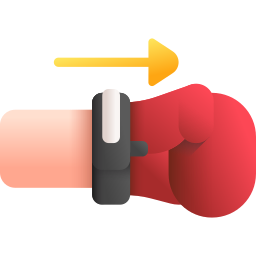

Aggressive/Dangerous Driving Behavior
Driving behaviours that endanger or have the potential to endanger others. Three dimensions of dangerous driving include (a) intentional acts of aggression toward others, (b) negative emotions experienced while driving, and (c) risk-taking.


Alexithymia
A personality construct of condition marked by difficulty identifying, describing and distinguishing feelings from bodily sensations; with limited imagination and an overdependence on externalization and reasoning (e.g. begin aware of sensations rather than sentiments).


Altruism
Sometimes known as genuine altruism, it refers to a motivational state with the ultimate goal of one's behavior is to increase the welfare of others without wanting any form of reward. Altruism can also be classified as egotistical when benefitting another’s welfare also increases one’s(...)




Amae (甘え)
The ability to depend and presume upon another’s love or bask in another’s indulgence. The sense of, or the accompanying hope for, being lovingly cared for and involves depending on and presuming another’s indulgence.


Amusement
A pleasantly-valenced emotion that results from the sharing of humorous communication, eliciting positive affective experiences from targets and is associated with behavioural expressions such as smiling and laughter.


Amygdala
An almond shaped neural structure of various nuclei located in the anterior medial temporal lobe, primarily involved in learned, emotional conditioning and memory (e.g. fear).


Anger
An approach-related affect that may arise from blockage of movement towards a desired goal, a reaction to a displeasing violation of what “ought” to be that motivates an impulse to aggression triggered by the unpleasant event.


Anomie
A state of personal unrest, meaninglessness, and purposeless. Anomie can also refer to the absence of moral values and norms that cause one to feel disconnected from society.


Anticipatory Enthusiasm
(An emotion that) addresses the need for food and other material resources, and should facilitate the physical and cognitive effort needed to acquire such resources. Anticipatory enthusiasm is experienced in response to cues of imminent reward, and has also been described as “wanting.”


Anxiety (State)
A transitory emotional state in response to perceptions of threatening situations that varies in intensity and fluctuates over time.
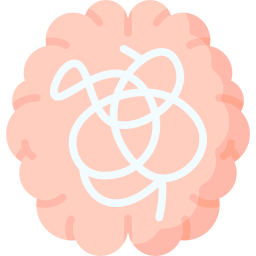

Anxiety (Trait)
A stable susceptibility or a proneness to experience state anxiety frequently.
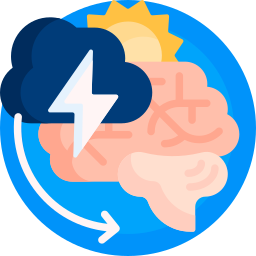

Anxiety Expectancy
An associative learning process in which the individual has learned that a given stimulus arouses anxiety/fear.


Anxiety Sensitivity
An individual difference variable consisting of beliefs that the experience of anxiety/fear causes illness, embarrassment or additional anxiety.
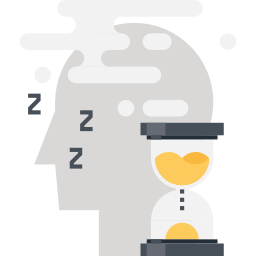

Apathy
A lack of interest or the attitude of indifference towards life, including social or emotional situations.


Appraisal Theory of Emotions
A theory of emotion that states that emotional experiences are experiences of the situation as interpreted by the organism. Thus, the emotions people feel, along with their interpretation of the situation, is predictable from their appraisal of the situation.


Approach-Type Emotions
Emotions that constitute part of the appetitive system, organizing behavior involved in approaching desired incentives (rewards, goals).


Arrival Fallacy
The assumption that once one reaches a goal, they will experience enduring happiness.


Attention Restoration Theory (ART)
A theory claiming that the ability to concentrate may be restored by exposure to natural environments.


Attunement
The ability to be aware of one’s state of mind and body while also tuning in and connecting with others.
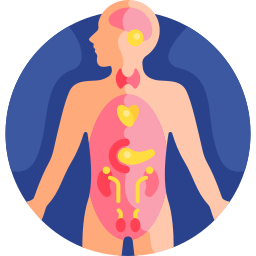

Autonomic Specificity Hypothesis
The hypothesis that emotion-specific physiological responses can be viewed as a particular case of the general psychophysiological principle of stimulus-response specificity. This principle holds that specific stimulus contexts tend to(...)


Autonomous Sensory Meridian Response (ASMR)
An internal sensory-emotional phenomenon, in which individuals reliably experiences [a] deep relaxing and pleasant tingling, static-like sensations across the scalp, back of the neck and at times areas like the shoulders, back, and limbs. This sensation is often in response to a range of(...)


Avoidance-Type Emotions
Emotions that constitute part of the aversive system, organizing behaviour involved in withdrawal from, or avoidance of threats (punishments).


Awe
An emotional response to perceptually vast stimuli that overwhelm current mental structures, yet facilitate attempts at accommodation.


Awkwardness
Embarrassment and uncomfortableness that are usually elicited when one does not know anyone in a social setting. Awkwardness can also refer to the sense of self-consciousness when one causes an inconvenience (towards the self or others) in the presence of people.
Awumbuk
Pronounced, “a-wum-bok”. An emotion used to describe a sense of relief and lassitude by the Baining People of Papua New Guinea after the departure of house visitors.


